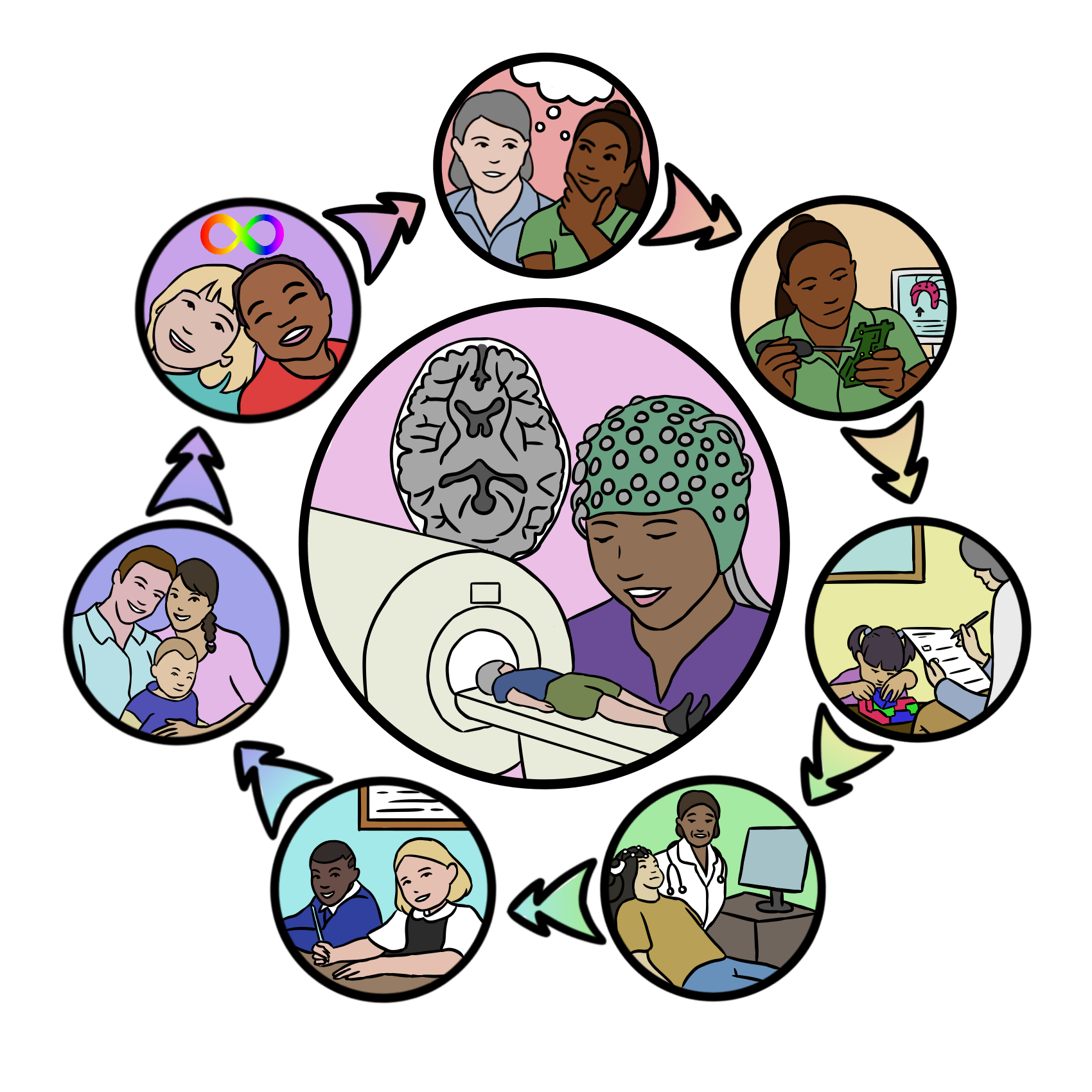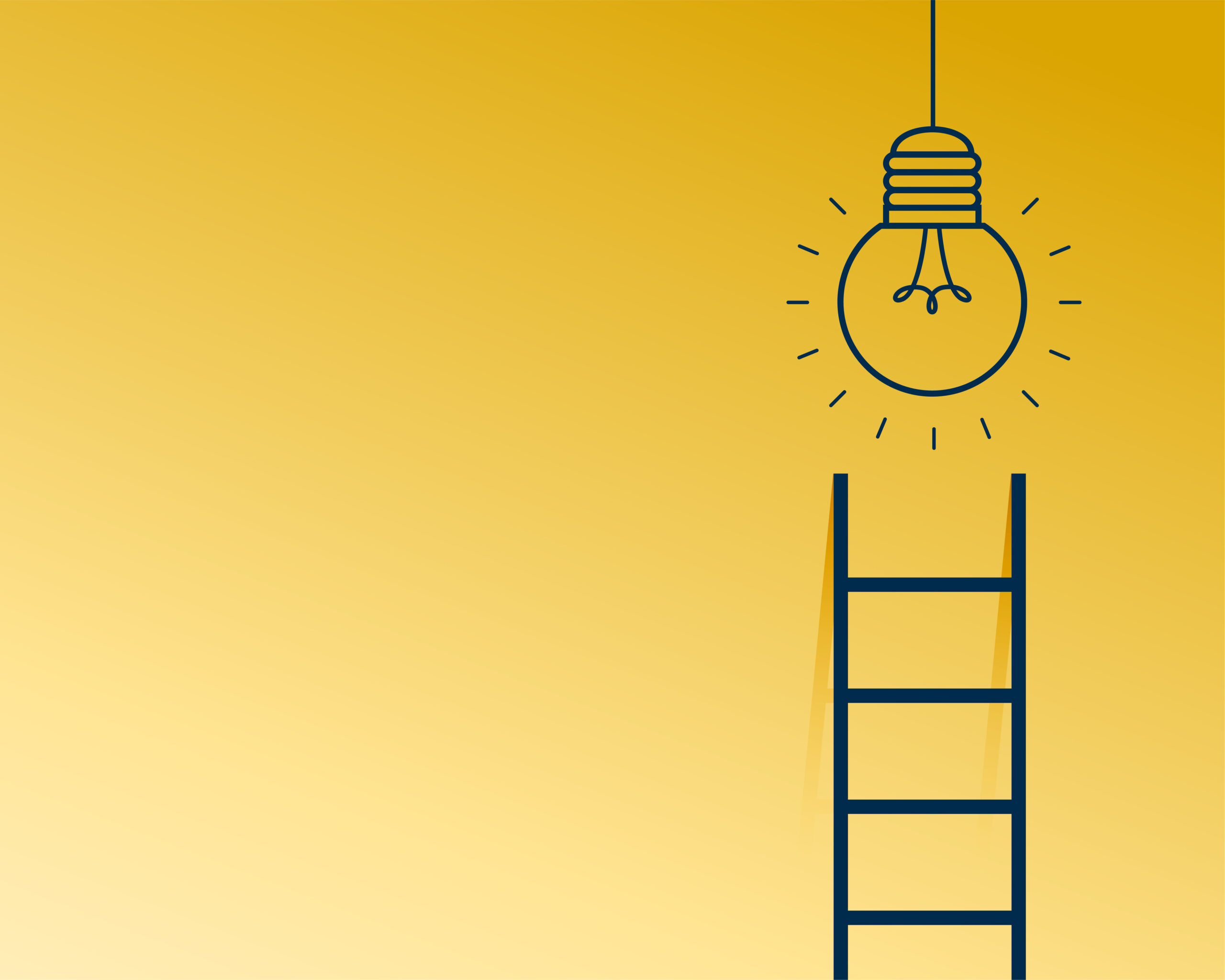The Network

RESPECT 4 Neurodevelopment stands for Responsible, Reliable, Scalable and Personalised Neurotechnologies for infants and children with neurodevelopmental conditions. It is a EPSRC/ MRC funded UKRI-Network Plus that started in September 2022 and will be funded until August 2025.
For the first time, this new network gives us the opportunity to build an inclusive, multi-disciplinary community to make transformative changes in developing child-specific neurotechnologies for the clinic or home.
Ensure that neurotechnologies are ethical, desired, acceptable and user-friendly for children and families
Ensure that neurotechnologies are accurate
Ensure that neurotechnologies can be used in different labs, clinics or homes
Ensure that neurotechnologies can be tailored to individual children’s needs and characteristics

Approximately 1 in 10 people worldwide have a neurodevelopmental condition and many more identify as neurodivergent. This includes autism, Attention Deficit Hyperactivity Disorder (ADHD)1, developmental delay, learning and motor disabilities, developmental speech disorders, dyslexia, dyspraxia, dyscalculia, and several neurogenetic conditions. Neurodevelopmental conditions develop early and are life-long. Support needs range from mild (transient, in specific situations or for specific purposes) to strong.
Advances in neurotechnologies hold promise to make a substantial difference to people’s lives. Applications range from detecting differences in brain development in neonatal intensive care units to device-based therapies in clinics or at home, to improving learning opportunities in schools. In order to harness these opportunities and to make neurotechnologies most relevant and user-friendly for professionals and families, bioengineers, medical and social scientists, and neurodivergent families need to work together.
Note1: ADHD We are using this term as it is the most commonly used term but we recognise that it is also known as ADHC or VAST as the term is under review. We will continue to update this and are happy for you to share your thoughts with us.
Our vision is to create a framework to co-develop neurotechnologies from the design through to implementation in health care, at home and in educational settings. It intersects three major approaches:
Neurodiversity affirmative approaches start with recognition of the diversity in brain development that shape people’s perception, cognition and experience. This diversity can be associated with both strengths and varying support needs in different socio-cultural contexts. Neurodiversity affirmative approaches aim to increase the quality of life of neurodivergent people by both reducing stigma and obstacles in current society and by creating tailored support that respects human diversity.
Precision healthcare was motivated by the recognition that categorical diagnoses (for example, Autism, ADHD) do not allow us to make accurate predictions about a person’s development, support needs and benefits, or the underlying cause and mechanisms of clinical features. It aims to match therapies (medical and non-medical) to individual needs and biological profiles. Neurodiversity affirmative approaches and precision healthcare intersect by appreciating the diversity among neurodivergent people and share the common goal to tailor support to individual needs, strengths and characteristics.
Currently major advances in neurotechnologies are being made. This includes increasing resolution and reliability of non-invasive neuroimaging techniques, development of wearable and mobile neurotechnologies that may be more accessible for families, advances in robotics, as well as in Artificial Intelligence approaches such as closed-loop neuroadaptive techniques. Key applications include: 1) to help in earlier and more reliable detection of neurodevelopmental conditions 2) to monitor a child’s development 3) to develop device-based therapies and to tailor support to each person’s needs and characteristics.

Discover our wide range of educational activities, workshops, webinars and working groups.